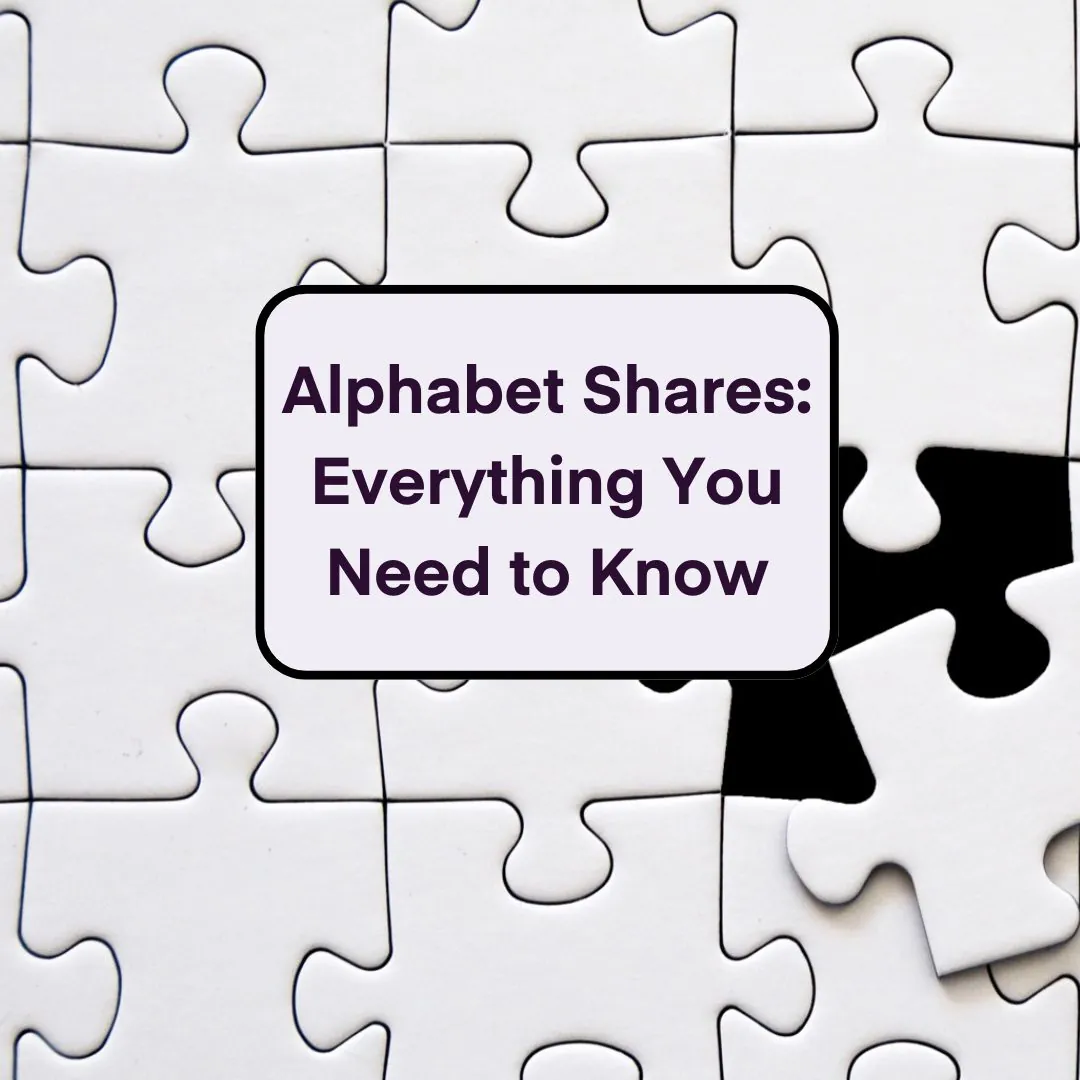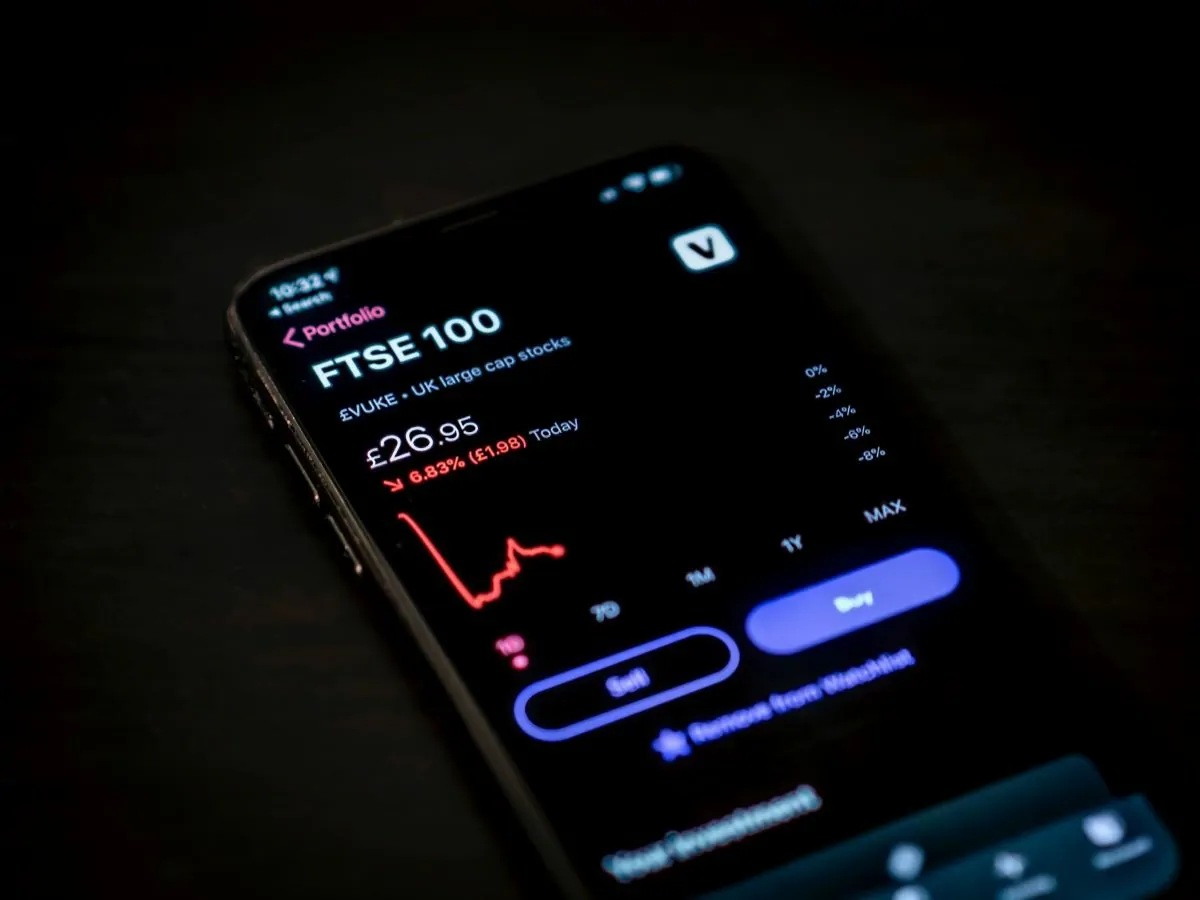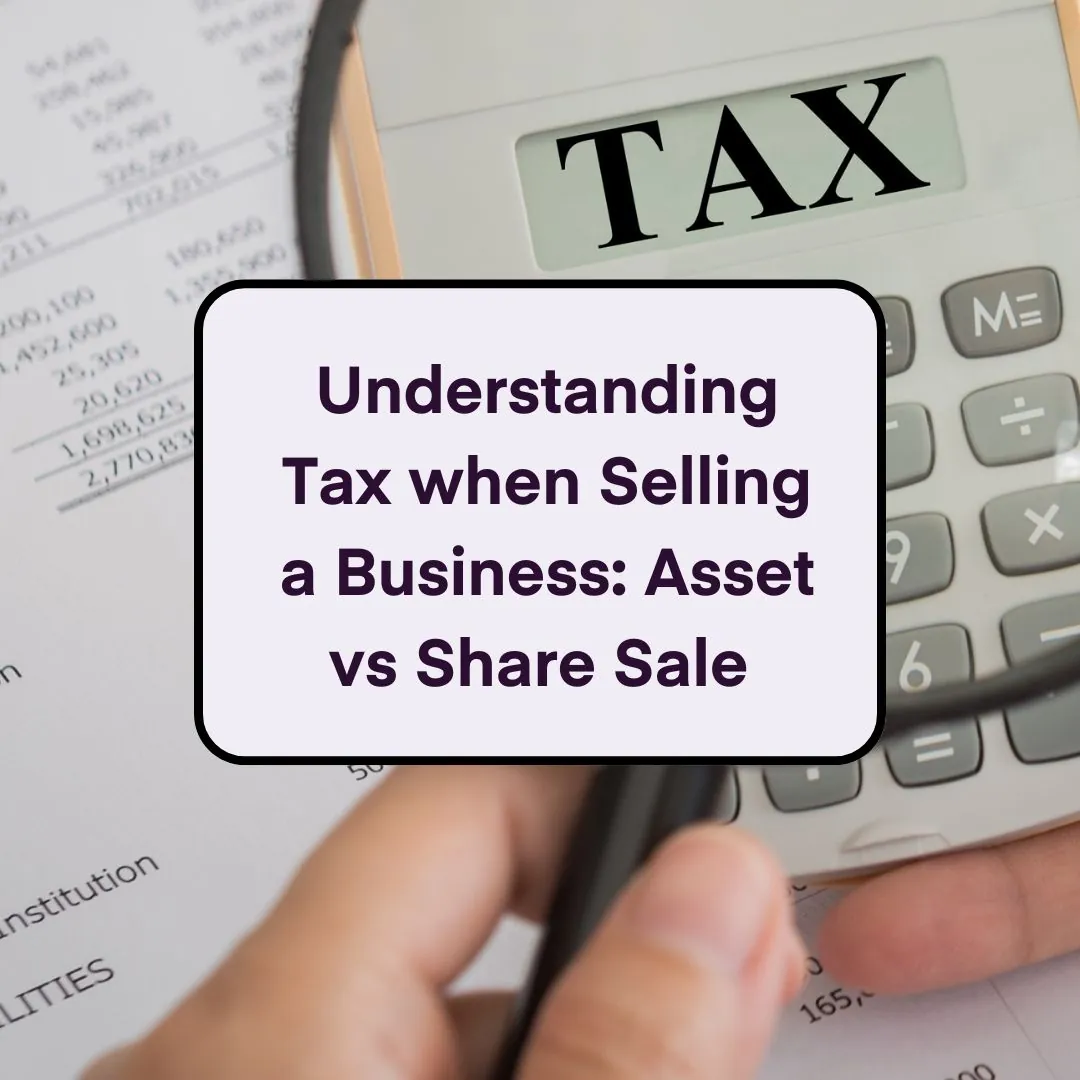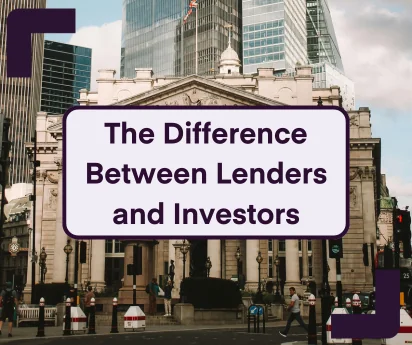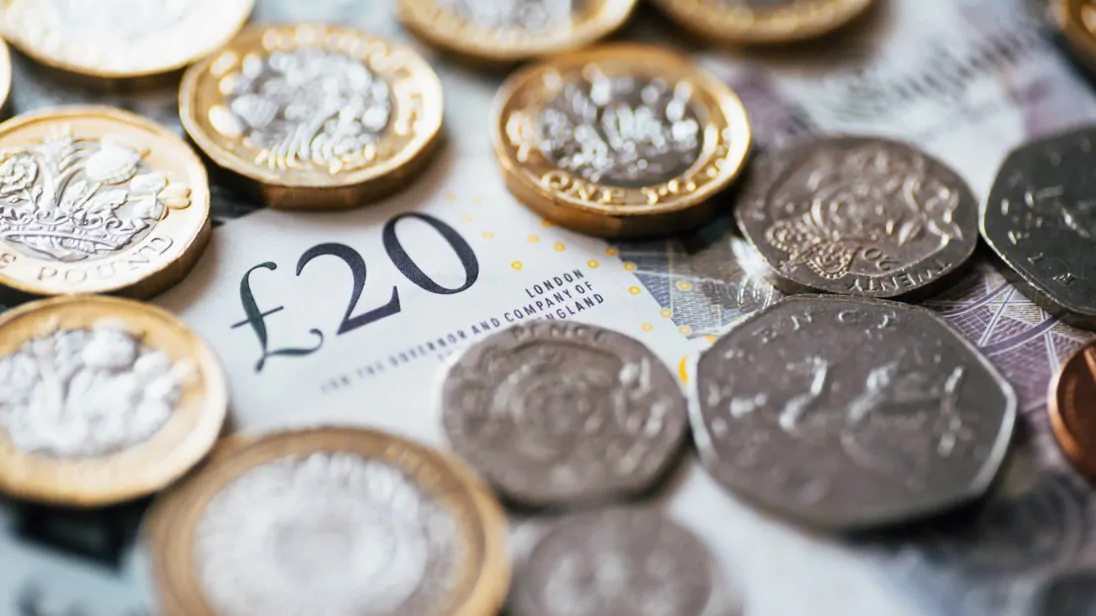
Do you depend on dividends? New tax rules could hit business income
8 Apr 2016Small business owners may need to rethink the way they get paid follow drastic changes to dividend tax.
Dividends have in the past provided a clever way for company directors to get paid as traditionally the tax owed was lower than income tax.
But new rules introduced in this tax year change the way tax on dividend is charged and could make it more expensive to trade as a limited company.
What is a dividend?
A dividend is the income earned from shares in a company or from investments.
Up until the end of the last tax year in April 2016, if you were paid in dividends there would be a 10 per cent tax charge for basic taxpayers and 35 per cent on the higher rate tax band.
But a 10 per cent tax credit meant basic rate taxpayers had nothing to pay while those in the higher rate category really paid 25 per cent.
This has all changed since the start of the new tax year, and could end up costing business owners more in tax if they are paid in dividends.
What are the changes to taxing dividends?
Now everyone gets a tax-free dividend allowance of £5,000, but once you earn more there is a 7.5 per cent charge for basic rate taxpayers, 32.5 per cent on the higher rate and 38.1 per cent for additional rate payers. The tax credit has been abolished.
So a business owner paying the basic rate now has to pay 7.5 per cent on any dividend income above £5,000, while previously the tax credit meant there was no charge. Higher rate taxpayers would pay 32.5 per cent instead of 25 per cent.
This could actually make it less tax-efficient to be paid in dividends.
We have looked at an example of a company director with profits of £46,682.
In the last tax year they could have taken a salary of £8,000, leaving them with taxable profit of £38,682.
Corporation tax of 20 per cent would take that down to £30,946 in retained profits.
If the director took that whole amount they would pay nothing as they would count as a basic rate taxpayer and benefit from the 10 per cent tax credit.
But under the new system, if they were to take the full £30,946, they can take £5,000 tax free from their dividend allowance and they would have £3,000 left from their £11,000 personal allowance (the rest is accounted for by the £8,000 salary.)
This leaves £22,946 in dividends which would be taxed at 7.5 per cent giving a charge of £1,720 that they wouldn’t have previously needed to pay.
Some businesses could therefore have to consider how much income to take and whether it is worth being incorporated.
The alternatives
Some may consider being a sole trader instead, where any salary is charged as income tax.
You will need to pay income tax on earnings at 20 per cent for basic rate taxpayers earning up to £31,865 for this tax year and 40 per cent for higher rate earners on £31,865 to £150,000.
But before you give up on a limited company, there are ways to reduce the dividend charges within a limited company that you can’t do as a sole trader.
You can keep cash in an incorporated business and draw it down later or even reduce your tax bill further by making pension contributions.
You could also name family members such as a husband or wife as shareholders and make use of their allowance if they don’t have other dividends.
Corporation tax is also being reduced to 17 per cent per cent by April 2020 which should reduce your tax bill over time.

